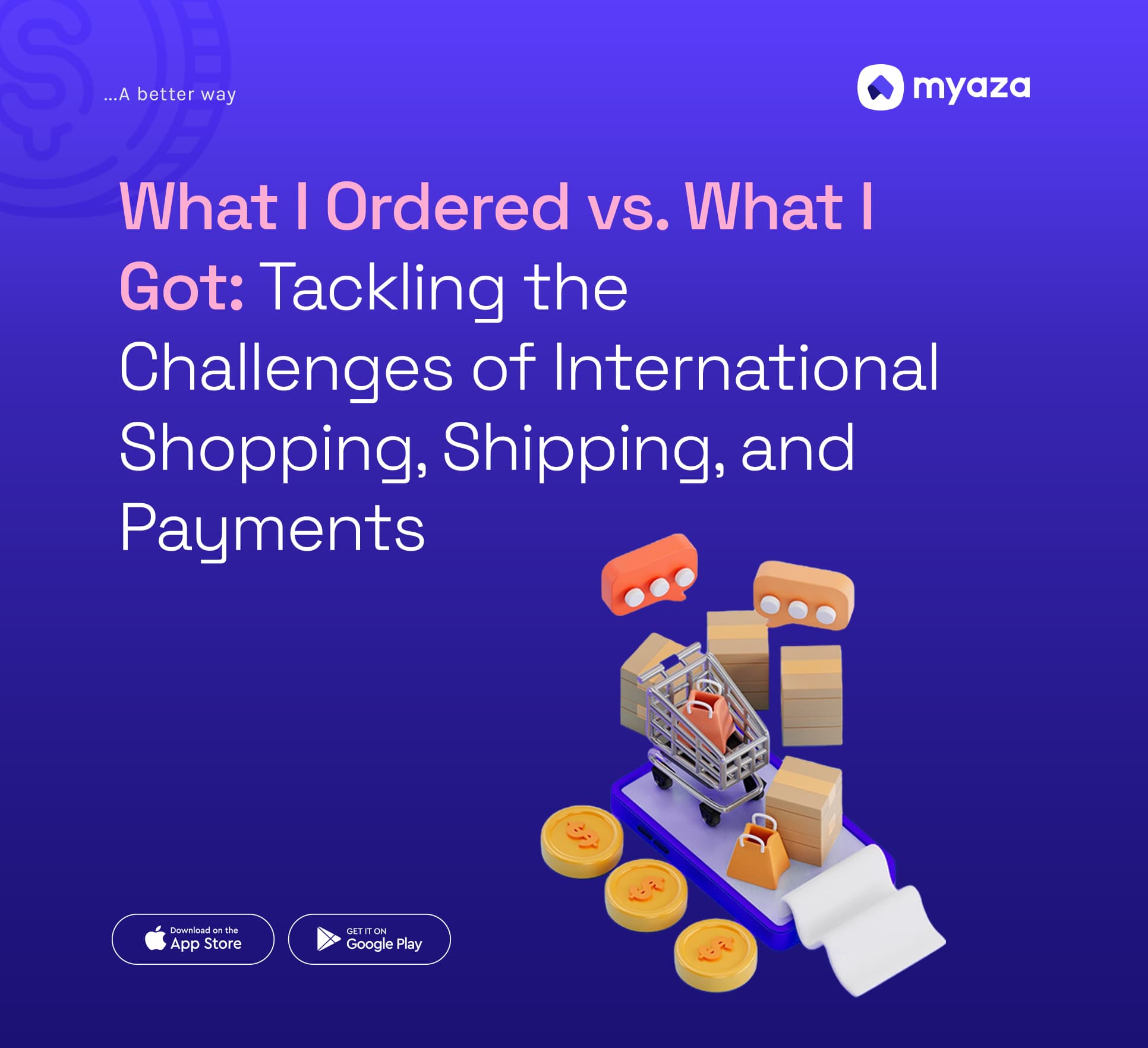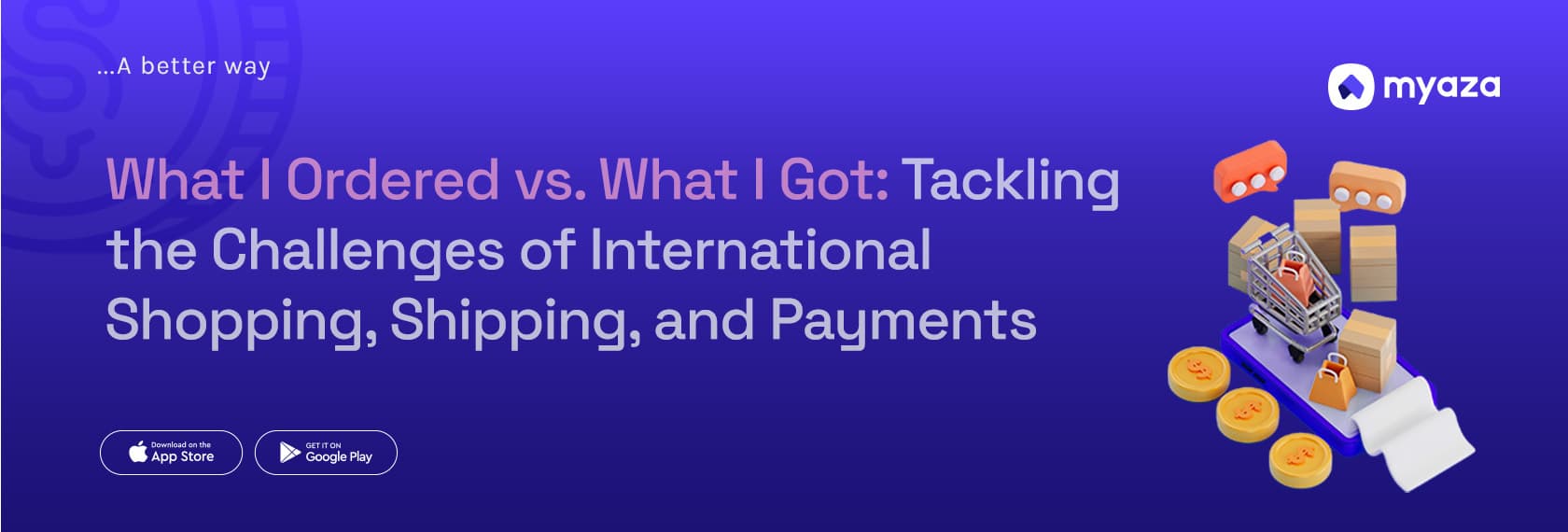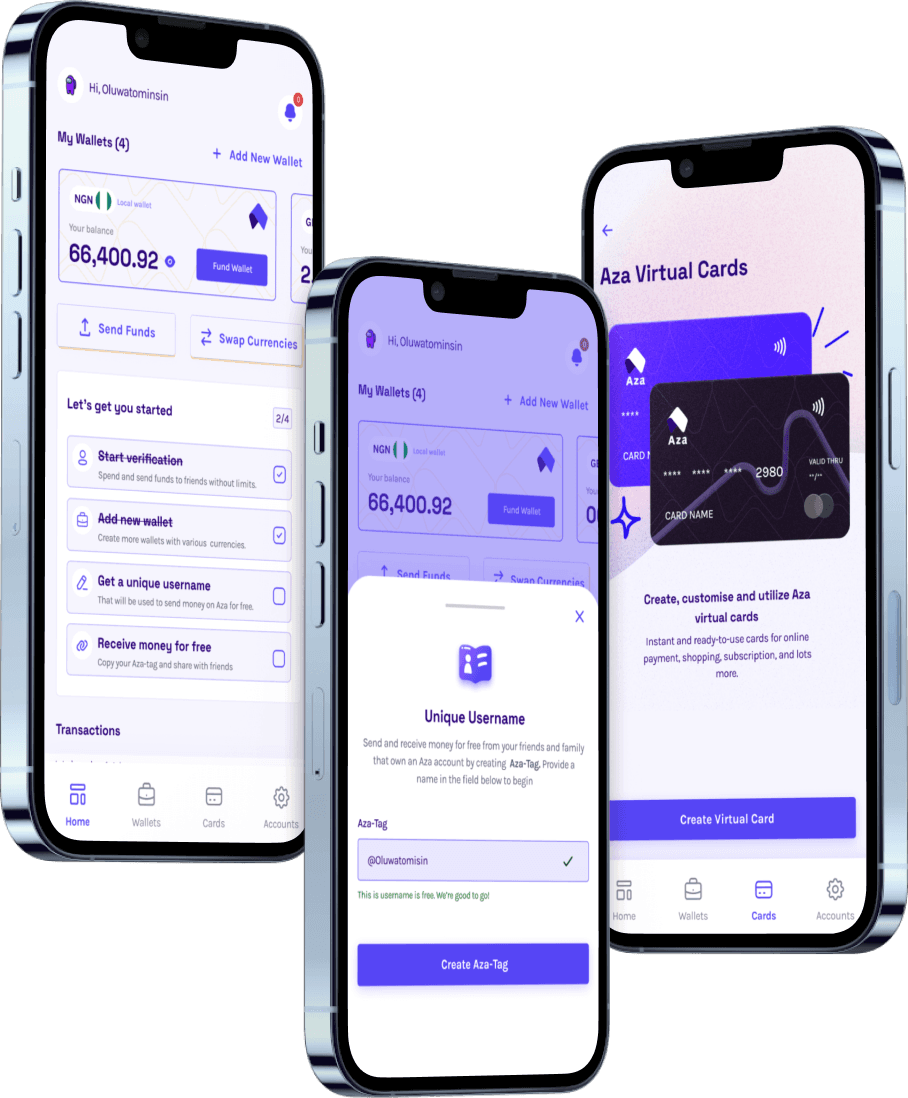What I Ordered vs. What I Got: Tackling the Challenges of International Shopping, Shipping, and Payments

If you’ve spent any time scrolling through social media, you’ve probably encountered those hilarious yet painfully relatable posts titled "what I ordered vs. what I got." It’s the ultimate representation of frustration in online shopping. Whether it’s a dress that looked perfect in pictures but arrives as a glorified tablecloth, or a sleek gadget that turns out to be a knockoff, this phrase captures the heartbreak of unmet expectations.
For many Nigerians, this fear is more than a meme—it’s a reality. Shopping internationally comes with a host of challenges, from unreliable sellers to the complexities of shipping and payments. But what exactly makes this process so difficult, and how can you avoid becoming another “what I ordered vs. what I got” victim? Let’s unpack the struggles and, most importantly, the solutions.
The Struggles of Shipping into Nigeria
International shipping is no walk in the park, and for Nigerians, the challenges are amplified. The thrill of finding a product you love often gets overshadowed by the stress of getting it delivered safely and intact.
1. Damaged Goods: A Common Nightmare
Imagine waiting weeks for a product, only to open the package and find it broken, scratched, or inoperable. Fragile items like electronics, glassware, or even beauty products often don’t survive the rough handling during transit. With packages moving through multiple warehouses, handlers, and vehicles, the risk of damage is alarmingly high.
2. The 'What I Ordered vs. What I Got' Epidemic
Let’s be honest—sometimes the problem starts with the seller. Many online vendors, particularly on platforms like AliExpress or less-regulated marketplaces, post heavily edited photos that paint a perfect but unrealistic picture of their products.
Common scenarios include:
Clothes made from cheaper, flimsier materials than advertised.
Electronics with specifications that don’t match the description.
Home decor items that are laughably smaller than expected.
The result? A customer left with disappointment and the infamous “what I got” moment.
3. Customs and Delays
Even if you manage to find a reliable seller and your item is as described, Nigerian customs presents another hurdle. Packages can be delayed for weeks or even months, often with no clear explanation. When the package finally arrives, there’s the added frustration of paying unexpected customs fees that sometimes exceed the value of the item itself.
4. Fear of Loss
What if your package gets lost? It’s a valid concern, especially when tracking information stops updating or the courier insists they delivered the package when they clearly didn’t. For many, the fear of losing money and time discourages them from exploring international shopping options altogether.
The Payment Struggles
Once you’ve found a product and figured out how to ship it, another major challenge rears its head: payment.
1. Limited Payment Options
Most international shopping platforms require payment via methods like PayPal, Visa, or Mastercard. Unfortunately, not all Nigerian shoppers have access to these payment methods, creating a barrier to completing transactions.
2. Exchange Rate Woes
The Nigerian Naira’s volatility against the dollar adds another layer of complexity. Many banks and traditional payment providers offer unfavorable exchange rates, meaning you end up spending far more than the product’s actual cost.
For example, a $50 item might cost ₦90,000 based on the exchange rate provided by your payment processor, even though the market rate suggests it should cost closer to ₦83,000.
3. Payment Failures
Even when you have the right card, international platforms sometimes reject payments from Nigerian-issued cards. This can be due to banking restrictions, fraud prevention policies, or simply technical issues. Imagine the frustration of finally finding the perfect product, only to have your payment declined.
The High Costs of International Shopping
Beyond shipping and payments, there’s the overarching issue of cost. International shopping isn’t cheap, and the final price tag often feels disproportionate to the product’s value. Here’s why:
Shipping Fees: These can sometimes exceed the price of the product itself.
Customs Duties: Unpredictable and often exorbitant.
Currency Conversion: A silent budget killer, especially with unfavorable rates.
These costs make international shopping feel like a luxury rather than a viable option for the average Nigerian.
Now, How Does Myaza Help Combat These Challenges?
Amid all these challenges, Myaza emerges as the game-changer you’ve been waiting for. With innovative payment solutions and a commitment to simplifying the shopping experience, Myaza ensures that global shopping is no longer an uphill battle.
1. Simplified Payments with the Myaza Virtual Card
One of the biggest hurdles in international shopping is finding a reliable payment method. Myaza’s USD virtual card eliminates this problem by providing a seamless way to pay on platforms like Amazon, eBay, and AliExpress.
Benefits of the Myaza Card:
Fair Exchange Rates: Unlike traditional banks, Myaza offers competitive rates, saving you money.
Wide Acceptance: Use the card on virtually any international platform without fear of rejection.
Easy Top-Up: Fund your card in Naira and shop in USD with zero stress.
2. Affordable Access
With Myaza’s $2 virtual card, you can enjoy all the benefits of a premium payment solution without breaking the bank. Why pay more for less when Myaza offers top-notch features at an unbeatable price?
3. Hassle-Free Refunds
Made a payment for a product that didn’t meet your expectations? Myaza makes initiating refunds or chargebacks a breeze.
4. Educational Resources
Myaza doesn’t just stop at providing tools—it empowers you with knowledge. From guides on avoiding “what I ordered vs. what I got” scenarios to tips for successful online shopping, Myaza equips you for success.
Pro Tips for a Better Shopping Experience
To make the most of your international shopping experience, here are a few tried-and-true tips:
Research Thoroughly: Read reviews, check ratings, and study product details carefully.
Communicate with Sellers: Ask for real photos or clarification if you’re unsure about a product.
Choose Reliable Shipping Options: Opt for couriers with good reputations and tracking capabilities.
Use Myaza for Payments: Avoid rejected transactions and bad exchange rates with the Myaza virtual card.
The Future of Shopping Is Here
Shopping internationally doesn’t have to be a nightmare. With the right tools, knowledge, and partners like Myaza, you can explore the global marketplace without fear of disappointment or financial loss.
Whether you’re buying a unique gadget, a fashion piece, or anything in between, Myaza ensures your payments are secure, your costs are manageable, and your experience is stress-free.
Ready to start your shopping journey?
Sign up for a Myaza card today and discover how easy global shopping can be.


